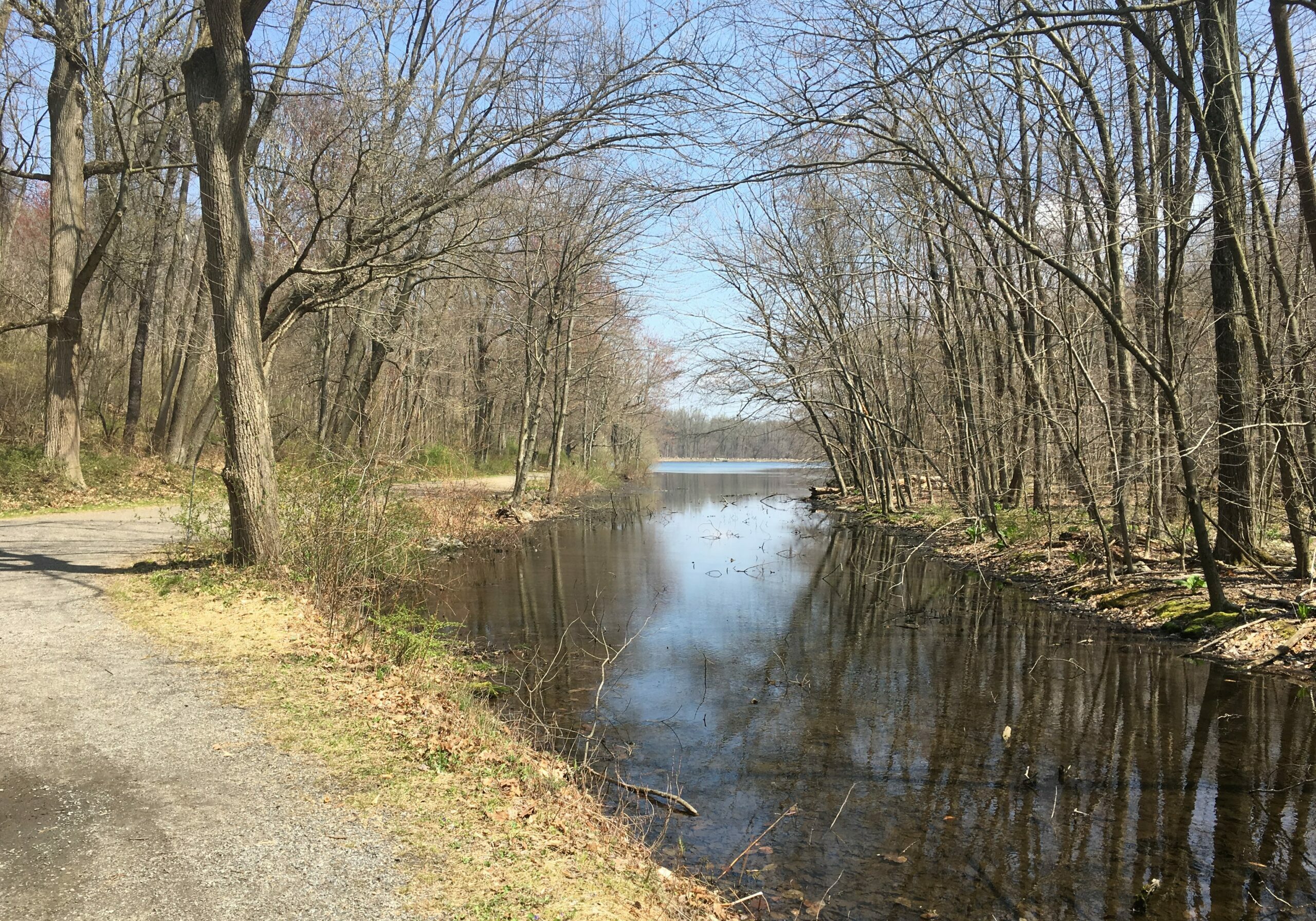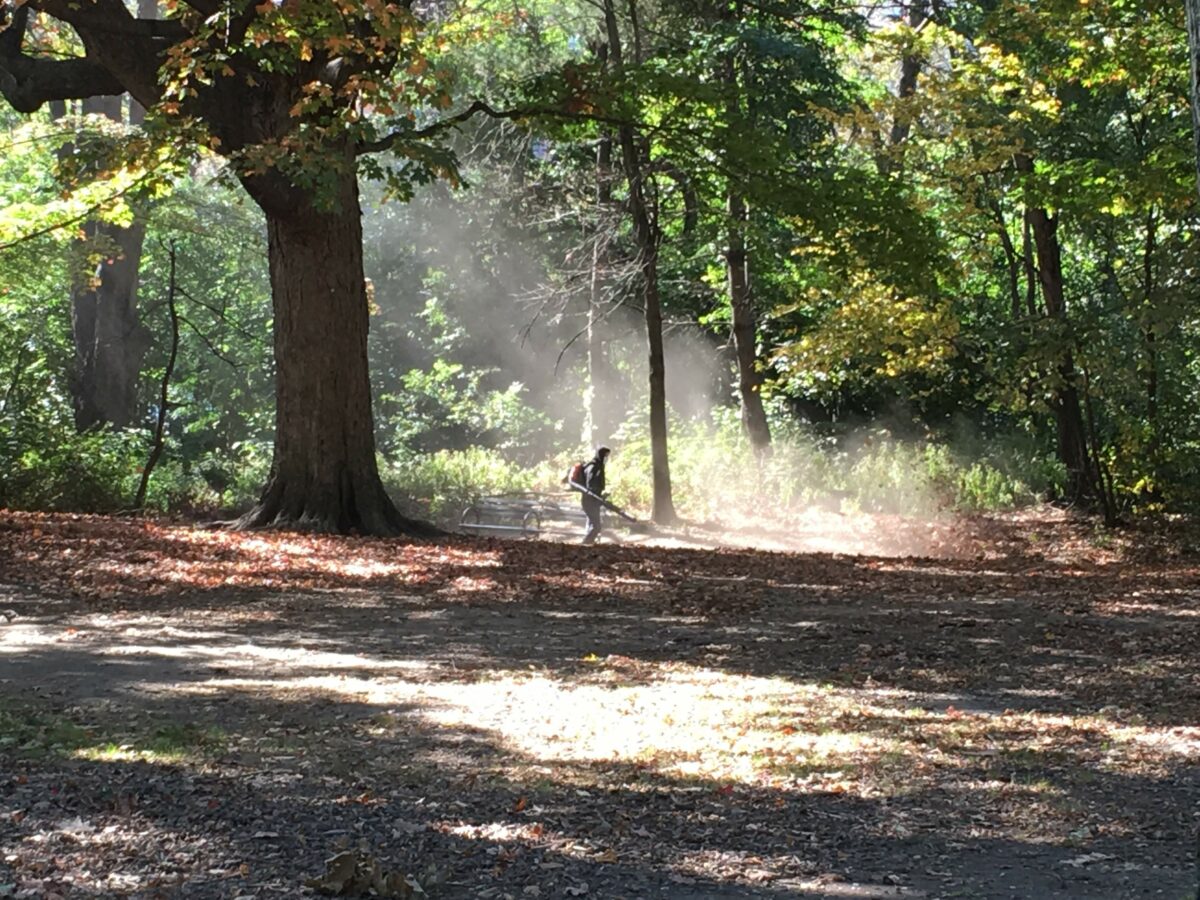April 13, 2023
Honing your innate alertness about market possibilities

Are you someone who’s able to take advantage of unusual situations to start new activities or business?
Do you ever observe people complaining about things, and think about all the products and services that may be opening?
Psychosocial researchers who study the aspects of entrepreneurial potential call this dimension the opportunity detector. It’s the innate alertness about market possibilities.
It’s a great source of joy for me personally.
For example, here’s a problem I’ve heard numerous people complaining about.
The internet is forever, right? But alcohol taste so damn good. How, then, are people supposed to avoid going online and posting thoughts, pictures or videos of something stupid while they’re intoxicated?
That sounds like an opportunity rife for innovation. What if we manufactured a breath analyzer that was attached to your keyboard? I
n order to start your device, you must first blow into the tube. Sensors would determine whether your blood alcohol concentration is above or below a medically appropriate limit that might produce poor decision making, like searching, publishing or communicating something humiliating you later regret.
I’ve even come up with a perfect brand name and tagline for this invention.
Keymorse. Now you can blow out before you surf about.
Tell me that’s not a game changing and industry defining innovation.
Don’t laugh. You didn’t think of it. Besides, startups have raised far more investment dollars for making far less quality products.
And the truth is, in this modern world where marketing is king, distribution is queen, and disposability is the jester, quality isn’t the currency it used to be. People don’t want what’s great, they want what’s new.
Anyway, the point here is not that every opportunity has to be a winner, but that you’re honing your opportunity detector every chance you get.
When I was hosting my product development and innovation gameshow, my favorite part was called the problem round. It’s when each contestant was given a different problem, and their job was to put themselves in that situation.
To think about who the problem affects, and how we can treat that as an opportunity for a new idea to make the world a better place. It’s not only an exercise in entrepreneurship, but also empathy. The more compassion we develop or universal human struggles or pains, the better our society ultimately becomes.
Consider the fact that insufficient sleep is a public health crisis. We all know life is hard, and your bed should be the only place where you don’t have to try. Everyone has someone in their life who complains about that.
Maybe what we need is a personal home delivery service that helps you fall asleep peacefully and quickly.
Cozzzy would be the name of this new company. Our board certified sleep disorder specialists review your medical history and build a customized program just for you. Starting as early as tomorrow night, our team shows up at your bedroom door, fully equipped with everything you need to catch some z’s. Now you don’t have to play when you’re hitting the hay.
Once again, it’s all about the opportunity detector. Every great innovation in history starts with some kind of problem or unusual situation. Behind every moment of unhappiness, inconvenience and confusion, there is a new innovation waiting to be born.
That’s what they should be teaching in business school. How to hone your innate alertness about market possibilities. Some people certainly have a higher disposition for doing so, but the opportunity detector is a skill that can be learned.
Hell, I built an entire party card game based on my research of problems and their related innovative solutions. It didn’t sell millions of copies, but that wasn’t the point.
It made me a more effective businessperson. My inherent enterprise to notice and manufacture creative opportunities, apply force and propel them into interesting directions only got better.
Imagine what would be possible if you strengthened your ability to sniff out economic whitespaces.
What daily practice would help you open up new audiences and marketplaces for your work?

